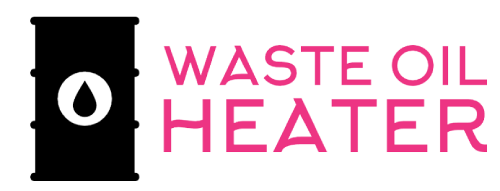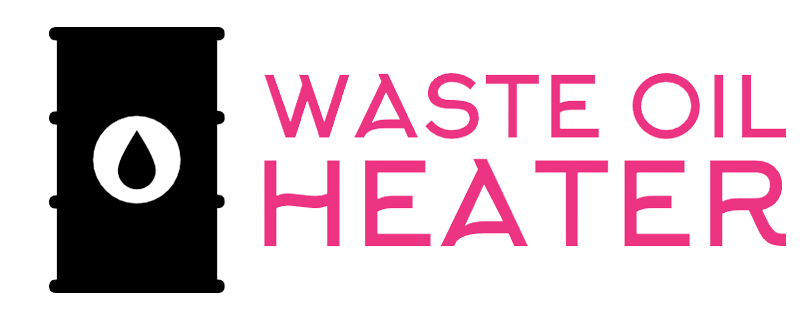What Is Waste Water
Waste water is any water that is disposed of that has come in contact with waste. Because this water has touched waste, it is no longer useful for household or commercial purposes. It is important to treat it before disposal to avoid any potential harm to people or the environment.
Waste Water Sources
There are many ways to get water in the wild. In streams, lakes, wetlands, ponds, and oceans are the first few that come to mind. While these all make good water sources they may be dirty, stagnant, and/or full of debris and animals.
Before drinking from a natural water source boil, filter, or disinfect it properly. Look for a water source that is off the ground, preferably higher than your head. Avoid water with algae, fish, or other signs of life.
Water in shallow depressions will collect less sunlight and be cooler than water in deeper depressions. Water that has been heated by the sun can cause a condition known as hypothermia. If a water source is available look for a shady area nearby to set up your shelter.
Advantages Of Waste Water Treatment Technologies
Water is vital to life on Earth. Currently, there are 8 billion people on the planet and by 2030 that number is expected to rise to 9 billion. Without access to clean water, people will be in danger of starvation. The advances in waste water treatment technologies over the years have led to the development of better water filtration and purification systems.
Newer models are more affordable, too. The most common form of treatment is the UV system and is effective in the removal of most microbes and bacteria. In the United States, the use of UV systems has gone up in recent years and will likely continue to do so. Overall, waste water treatment technologies can make a real difference in the health, safety and lifestyles of many people around the world.
Different Types Of Waste Water Treatment Plants
There are a few different types of waste water treatment plants.
The first type is called a primary treatment plant. This plant is used to remove both suspended and dissolved solids. It is also used to remove oil and grease. They are not very effective when used on their own. They are usually used in conjunction with a secondary treatment plant for better results.
The second type of waste water treatment plants is the secondary treatment. This is used to remove dissolved solids. It doesn’t remove dissolved metals or large oil and grease particles from the water.
The third type is the biological treatment plant. The final type is the tertiary treatment plant. This type of plant is the most effective. It uses microorganisms to remove dissolved metals and oil and grease from the water.
How To Select A Waste Water Treatment Plant
Along with a solid waste disposal system, a company needs a waste water treatment plant. With a waste water treatment plant, the wastewater is treated and processed and can then be used in other ways. Various components of a waste water treatment plant include the settling tank, foam fractionator, sludge thickener, digester, secondary clarifiers, and also filters.
They differ from one another in several ways. The one that you pick for your waste water treatment plant should be based on the input it will be handling and the components that will be removed from it.
Common waste water treatment technologies used in dumpsters
A lot of people wonder what they’re supposed to do with their waste water. If you’re the owner of a dumpster, it’s your responsibility to properly dispose of all waste water. If you have any type of septic tank, you can use one of the three main water treatment technologies to dispose of it. These technologies include chemical precipitation, which is used to remove any dissolved organics from the water.
You can also use anaerobic digestion to strip any dissolved gases from the water so it’s safe to discharge. If you don’t have a septic tank, you can use a filtration system to remove any unwanted particles from the water. Always make sure to contact a local waste water treatment facility for more information about how to properly dispose of your waste water.
What Is Waste Water Treatment And Why Is It Important
Waste water treatment is a vital and necessary part of the life of modern human beings. Before the advent of waste water treatment, humans would simply dispose of their waste water into the environment. That would have terrible effects on the environment.
What Are The Different Steps In Treating Waste Water
There are many different steps that are taken in the treatment of waste water.
First you need to take the waste and filter it. This will remove some of the big particles and make the water much cleaner. Next you should add some microorganisms and other chemicals that can help clean the water.
Finally, you will be able to put this clean water back into the environment for others to use! If you have questions about how to treat waste water, you should contact a waste water treatment specialist for more information.
What Are Some Of The Technologies Used In Waste Water Treatment
The different technologies that are used in waste water treatment depend on what type of water is being treated. The technologies used for primary treatment are moving water through sediments, adding chemicals to inhibit microorganisms, and using floating and sinking agents to separate the water from waste materials.
For secondary treatment in waste management processes, the end goal is to remove enough suspended solids to enable wastewater to be discharged without clogging the pipes and other infrastructure. After secondary treatment, the water is treated in a process called activated sludge.
The biological processes that are used for activated sludge are described by a series of reactions that are named after their discoverer. These reactions are classified as first order, second order, third order, and so on.










